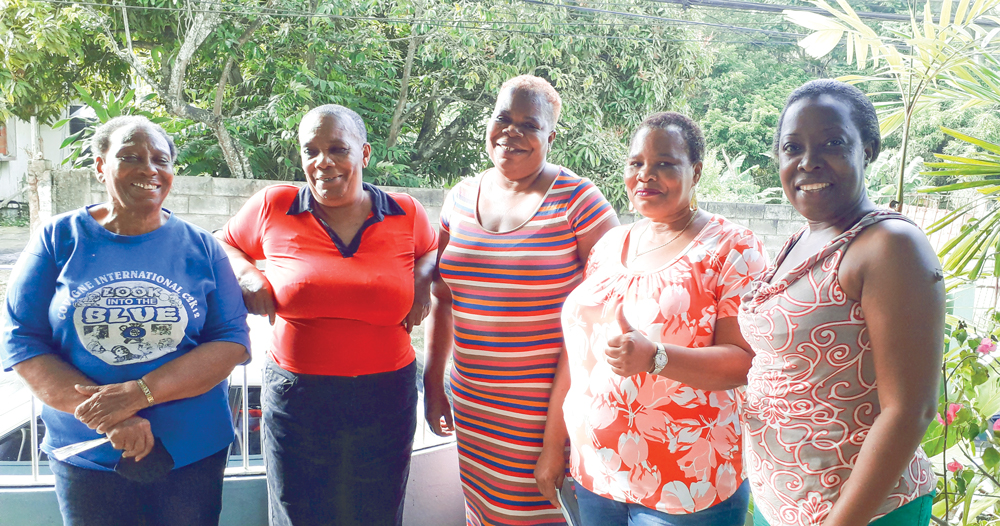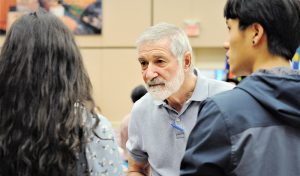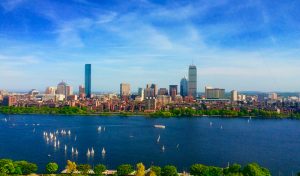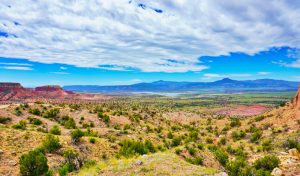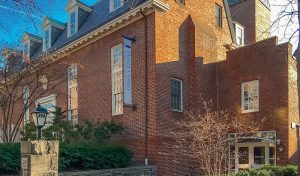by Asha Charles
Diego Martin, Trinidad and Tobago
World Tribune: We heard you and your mother, with other SGI members, have made concerted efforts to bring peace to your neighborhood. Can you tell us more?
Asha Charles: We live in a very tight-knit community. I’m surrounded by a large extended family, and many people here know one another.
Around 2007, unemployment among young people soared. Then, we noticed a group of young men who didn’t grow up here. Usually when we see someone, we can trace their family back generations.
At first, we didn’t pay much attention, but crime seemed to increase rapidly. Delivery drivers were robbed, so they stopped servicing the neighborhood. Then the gun violence began. People stopped visiting the area, taxi drivers refused to take us home and community activities were cancelled. Even the police vanished. People were dying at the hands of others within the neighborhood. At times, innocent people were killed in the crossfire. Although we followed a curfew, I still heard the gunshots every night. It was hard to sleep, especially because we knew virtually everyone. I would stay up late wondering: Did someone I know get shot? Is my family OK?
WT: How frightening! So then you decided to challenge the situation through faith.
Charles: Yes, one day a few SGI-USA members met at my home to discuss the situation. My mother said, “This is our neighborhood, and it’s time to take it back with the power of Nam-myoho-renge-kyo!”
Nichiren Daishonin writes: “If the minds of living beings are impure, their land is also impure, but if their minds are pure, so is their land. There are not two lands, pure or impure in themselves. The difference lies solely in the good or evil of our minds” (“On Attaining Buddhahood in This Lifetime,” The Writings of Nichiren Daishonin, vol. 1, p. 4).
In studying this passage, we realized that any change in our community had to begin with a change in ourselves. We united around this determination to take back the neighborhood. We chanted hours each day, studied Buddhism and encouraged every young person we met by telling them about Nam-myoho-renge-kyo and giving them hope that they would get through these tough times.
WT: How did things go?
Charles: Well, we didn’t see change right away. But we kept up our efforts. It took a couple of years to see real progress. But our prayers worked: The police came back and started doing their jobs, and the troublemakers moved out. There were no more gunshots at night. Community events restarted, and people could once again enjoy our neighborhood. When our neighbors commented on how things had improved, we would mention our campaign of dialogue and chanting Nam-myoho-renge-kyo, so this turned into an opportunity to widely share Buddhism.
WT: How is the neighborhood now?
Charles: It is safer, and the community is closer than ever. Now, if people see signs of something happening, they take action by calling the police or directly speaking with those involved. We are determined to never let gun violence get the best of us again.
Our new goal is to defeat the COVID-19 pandemic, which has taken a toll on our country, especially in 2021. Our hospitals are at capacity, and many have lost their lives. We are chanting with complete focus now to overcome this pandemic as soon as we can. Vaccines here are in low supply, so we are hoping to have more access to stop the spread.
WT: This experience has powerful lessons for all of us. What stands out for you?
Charles: I’ve learned that living beings and the environment are a single integrated dynamic. And that when one person stands up with a vow to transform the environment, change is guaranteed.
I also strengthened my conviction that nothing is impossible with Nam-myoho-renge-kyo. For example, I never thought I would receive a higher education, but now I am working on a second master’s degree to advance my career as a specialized accountant.
My greatest lesson from this experience was that my only limits are the ones I place on myself. I can deal with anything that comes my way as long as I determine the outcome, chant and take action.
You are reading {{ meterCount }} of {{ meterMax }} free premium articles

